Putin’s forces might not progress far beyond the Dnieper River. And yet the invasion will reshape the world in which the next Australian government operates.
Read more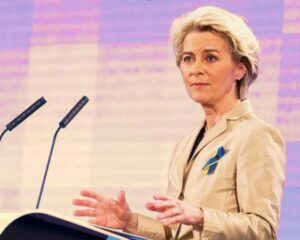

Putin’s forces might not progress far beyond the Dnieper River. And yet the invasion will reshape the world in which the next Australian government operates.
Read more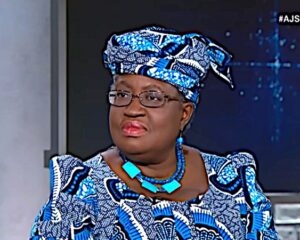
Nigeria’s Ngozi Okonjo-Iweala’s anticipated appointment to head the World Trade Organization has been confirmed. Dr Okonjo-Iweala becomes the first woman and first African to take on the role. She is committed to pursuing reform of the troubled organisation.
Read more
Dr Ngozi Okonjo-Iweala is poised to become the first African and first woman to lead the embattled World Trade Organization, after South Korea’s trade minister Yoo Myung-hee withdrew her name,and the United States reversed its previous opposition.
Read more
he International Criminal Court on Friday [5 February 2021] found the court has jurisdiction over war crimes committed in the Palestinian territories, paving the way for a possible criminal investigation, despite Israeli objections.
Read more
As market-based economic globalisation gives way to a system of state relations based largely on strategic capitalism, the Australian government seems to be using an outdated operating system. The demise of the multi-lateral, rules-based and open world will pose problems that demand imagination, innovation and deft and agile policy and diplomacy. In this environment Australia has a difficult course to chart.
Read more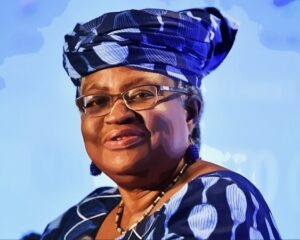
The United States is reported to have rejected Ngozi Okonjo-Iweala’s candidacy for director-general of the World Trade Organization. Dr Okonjo-Iweala is said to have secured wide cross-regional support for her candidacy. The US continues to support the candidacy of South Korea’s trade minister Yoo Myung-hee.
Read more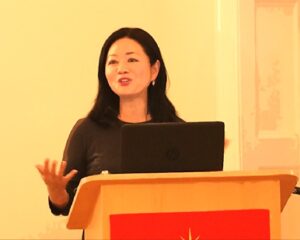
The inability of the major powers to set new global rules has had a detrimental impact on an international system under significant strain. Linda Yueh argues for a new approach to economic diplomacy that considers not just economic considerations, but also broader foreign policy aims, greater transparency, and a pluralistic approach to global rules to strengthen the multilateral system.
Read more
Serious calls for reform at the World Bank and the IMF first emerged 50 years ago. After 50 years, the absence of change in either policy or intellectual paradigm has been paralleled by the glaring lack of reform in the governing structures of the Bretton Woods twins. Perhaps this is the time for developing country governments to begin exploring an exit strategy? The IMF and the Bank would like the global South to believe that they are indispensable. They are not.
Read more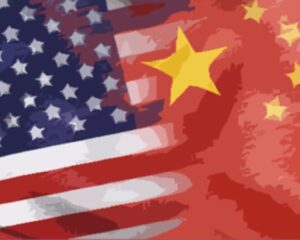
Whether it is the West’s relative decline or the “rise of the rest,” the Eastward shift of geostrategic gravity is a reality. That reality presents major ideational and institutional challenges to the West’s domination of the international order. The challenge for international relations theorists and policy-makers is to demonstrate that Western-framed status quo versus revisionist analysis provides a disinterested assessment of “non-Western” institutional initiatives.
Read more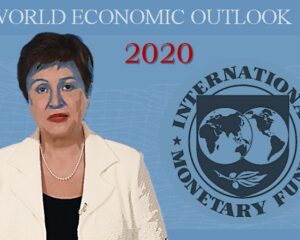
The fact that the International Monetary Fund recognises the urgency of addressing anthropogenic induced climate change and the importance of reducing carbon emissions from human activity by 2050 must be seen as a welcome step. But the report is impractical and naïve in some respects. The next step needs to go beyond the high level of abstraction that smooths over the diversity of economic, political and climate impacts in local situations.
Read more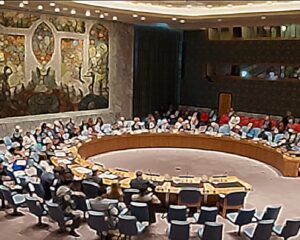
An atmosphere of unreality is building in advance of the virtual meeting of world leaders on 21 September 2020 to mark the 75th anniversary of the United Nations (UN). Nothing demonstrates this more than the proposed draft declaration. Rather than reaffirming the UN’s centrality, the draft declaration’s faux earnestness jars amid the current international reality. Additionally, it ignores the biggest challenge to multilateralism.
Read more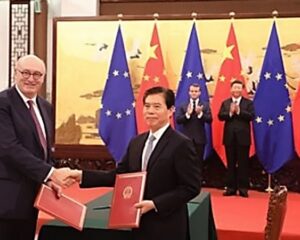
The current European Commission has set the defence and reform of multilateralism as one of its key priorities. In this ideas paper from the EU Parliament’s Research Service, Elena Lazarou tackles the question of how to achieve the EU’s objective in an environment where coronavirus has exacerbated the struggle to uphold multilateralism in a climate of growing nationalism, protectionism and rising great power competition.
Read more
Xi Jinping’s Leninist calculus has contributed to China exhibiting both reformist and positionalist forms of revisionism simultaneously, both of which contain pathways toward revolutionary revisionism. The combination of reformist and positionalist forms of revisionism has significant implications for thinking about the future trajectory of Sino-US competition.
Read more
Conceptual confusion is evident in the speechmaking of leading Australian political figures as the post World War II era’s structured international arrangements of durable institutions and agreed norms – designed to facilitate peaceful dispute resolution and cooperation on security, economic and social matters between nations – are challenged by the United States and others.
Read more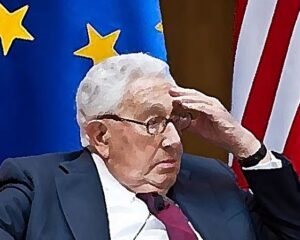
Realism is sometimes regarded as the foundational international relations theory. In this thoughtful piece, Seth A Johnston notes that realist scholars of international relations see the coronavirus pandemic as helping to validate the realist school of thought. But, asks Johnston, has the pandemic also exposed realism’s shortcomings as a source for successful policy?
Read more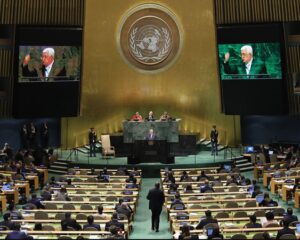
Past US presidents used the potency of the American liberal democratic ideal to rally like-minded nations and to rein in and chasten the world’s miscreants. The liberty and justice rhetoric appealed to and generated hope among peoples suffering under autocracy and oppression. The ideal inspired, and could be leveraged for influence. But under President Trump, the important institutions of constitutional democracy and international law have suffered serious damage, and the long-term prospects for peace and stability have been undercut as a result.
Read more